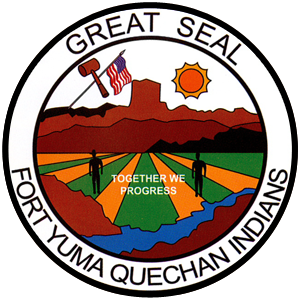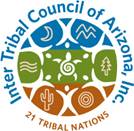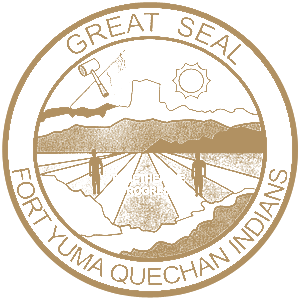Latest News
Back to Articles
PHOENIX, Arizona – July 19, 2017 – After several years of legal sparring, the United States has agreed to a settlement with the Barron Collier Company to resolve ongoing litigation over Collier’s decision in 2012 to default on approximately $66.5 million owed to the United States. The debt stems from Collier’s acquisition of 72-acres of land at the site of the historic Phoenix Indian School located at Central Avenue and Indian School Road in Phoenix. The original deal, which was approved by Congress in 1988 as part of the Arizona-Florida Land Exchange Act (Act), required the Interior Department to hold payments made by Collier from the land deal in trust to meet the future educational needs of the Member Tribes of the Inter Tribal Council of Arizona, Inc. (ITCA) and the Navajo Nation. Since Collier’s default, ITCA Tribes have had to vastly curtail educational programs and place some facility construction projects on hold.
Under the terms of the settlement, Collier has agreed to pay $16 million in back interest payments, but will have no further obligation to make the remaining interest payments of $2.9 million per year through year 2026 for the benefit of Indian education in Arizona or to pay the original $34.9 million Collier owed on the debt, as originally agreed under to the Act. Collier will also tender the remaining proceeds of an annuity it was required to fund as part of the original deal, and turn over the 15-acre Indian School property to the United States, which is now the sole remaining collateral for Collier’s $66.5 million debt.
The United States once held liens on other property interests owned by Collier to secure the debt, including at the downtown Phoenix site of Block 23 where a Fry’s grocery store, apartments, office and retail space are now being built, but the Interior Department released the liens in 1998 and 2007, prior to Collier’s default.
“While we are relieved to see that the United States will recover some of the funds from Collier that Congress once anticipated would be available for Indian education in Arizona, a significant shortfall remains, though we won’t know the full extent of the shortfall until we see what the United States does with the 15-acre Indian School property,” says ITCA Executive Director, Maria Dadgar.
“Certainly, if the United States turns the property over to the General Services Administration (GSA) for sale, it is important that United States do everything it can to maximize the sale price of the property to recover as much of the debt for the future of Indian education in Arizona as possible,” says Dadgar.
When the United States shut down the Phoenix Indian School in the 1980s, ITCA advocated strongly on behalf of Arizona Tribes and generations of tribal members who had attended the Phoenix Indian School since 1891 to see an educational trust fund established from the proceeds of any final disposition of the original Indian School site. In 1988, Congress agreed and members of Arizona’s Congressional delegation, including Senator John McCain and former Senator Jon Kyl, then a member of the U.S. House of Representatives, supported the legislation.
“At a time when funding for education has become a hot topic in our State, we can only hope that the Department of the Interior will remain our strongest advocate,” says Terry Rambler, Chairman of the San Carlos Apache Tribe. “In Arizona, Tribes have been struggling for decades to find sufficient funding to bring our children home from boarding schools and provide a quality education for them on our tribal lands. The educational trust funds created by Congress upon the closure of the Phoenix Indian School were supposed to provide a sustained source of funding to help this process. Now we are left waiting and hoping that the United States will follow through on its commitment to Indian education in Arizona, which we view as meeting the specific intent of Congress under the Act,” says Rambler. “When the United States makes a promise under the law, it should keep it,” says Rambler.
The Inter Tribal Council of Arizona, Inc., was first established in 1952 to provide a united voice for tribal governments located in the State of Arizona on common issues and concerns. Currently, ITCA’s membership includes 21 of the 22 Tribes of Arizona.
For More Information
Contact: Maria Dadgar
ITCA, Executive Director
(602) 258-4822




